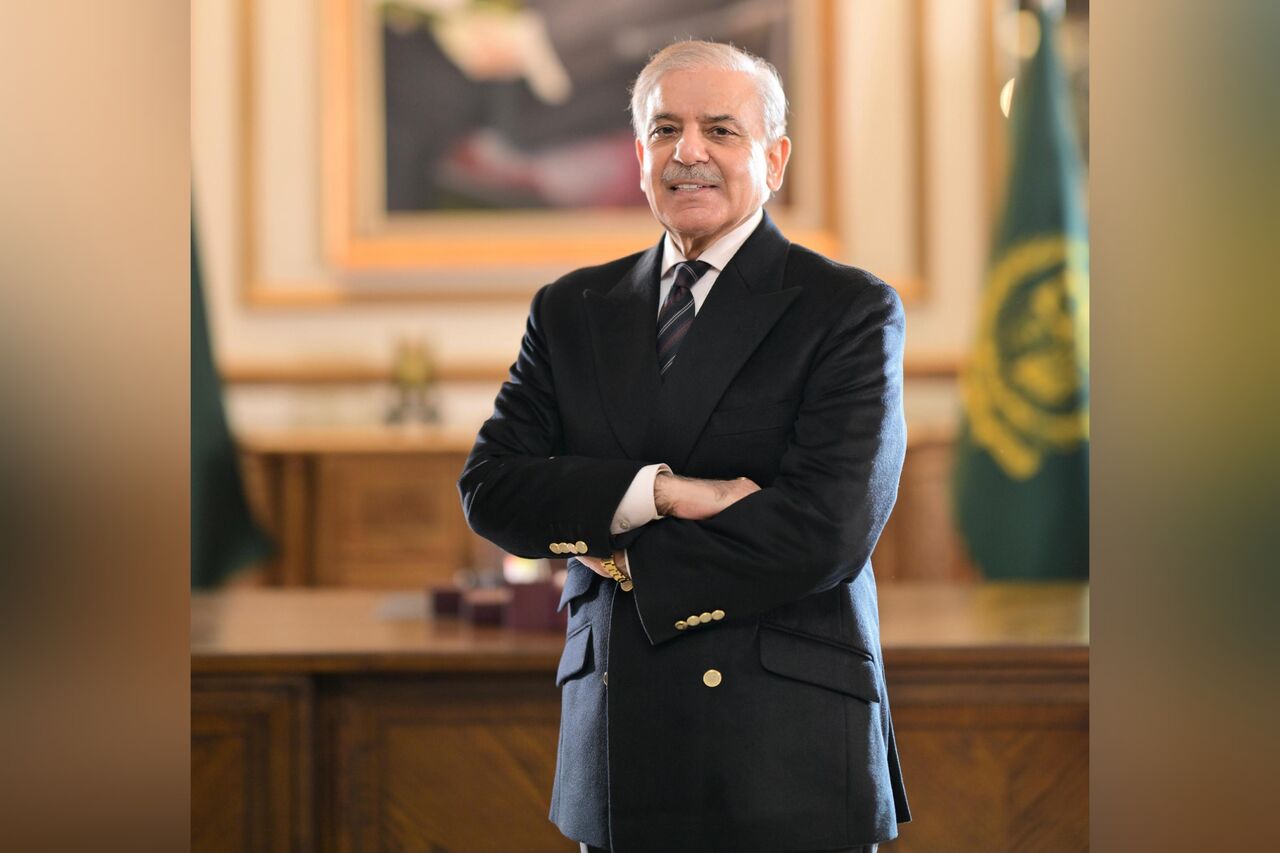
Islamabad, Karafarinane Eghtesad – Pakistan’s Prime Minister Shehbaz Sharif, who is due to pay an official visit to Iran, hails relations between the two countries, saying that both sides have stood together in all conditions.
Sharif made the comments in an exclusive interview with Karafarinane Eghtesad, which was conducted ahead of his Monday visit to Tehran. He also commented on the ongoing indirect nuclear negotiations between Iran and the United States, expressing hope that the talks will yield positive results.
The following is the full interview of Pakistan’s prime minister:
Q. Your Excellency, last year, you made an official visit to Iran on these days and offered condolences to the Iranian nation and government following the passing of the late President Ebrahim Raisi. Last April, you also hosted the late president of Iran. How do you assess the close and brotherly relations between the two countries?
A. One of my best memories is to have met President Raisi before his martyrdom in a tragic plane crash. Pakistan was the last country he visited before his passing away. May Allah rest his soul in peace. He was a very inspiring, thoughtful, and farsighted-person. I had an excellent interaction with him. We both decided to elevate Pakistan-Iran ties to the highest level and diversify its base to a range of areas. I am very glad that it has been successfully done. Today our relationship is far more robust and stronger.
Q. What are the objectives of your official visit to Iran and will the two countries sign new cooperation agreements during this visit?
A. I am visiting Iran again at the invitation of President Masoud Pezeshkian. Since his assumption of office, I have met him several times and have had numerous telephone conversations with him. The principal objective of my visit is to thank Iran for supporting and standing by us during our conflict with India.
India, as you know, imposed war on us, which we repulsed through a decisive but measured and well-calibrated response consistent with international humanitarian law. So, I want to thank Iranian leadership for its support and its offer for mediation, which we accepted but India rejected.
I will also take this opportunity to discuss our bilateral relations and issues of mutual interests during the visit.
Q. Your Excellency, you have met with the Iranian foreign minister twice in Islamabad over the past six months. You are one of the first high-ranking foreign leaders to announce Pakistan’s full support for Iran after the Israeli regime’s aggression against Iran. How do you view regional cooperation between Tehran and Islamabad?
A. I must say I am very impressed by the diplomatic prowess of Mr. Abbas Araqchi. In very complex geo-political times, he has shown statesmanship in handling immensity of challenges. Pakistan has stood by Iran on Israel's genocidal and catastrophic war on Gaza. Islamabad and Tehran will continue to support each other on issues of Muslim Ummah and regional cooperation.
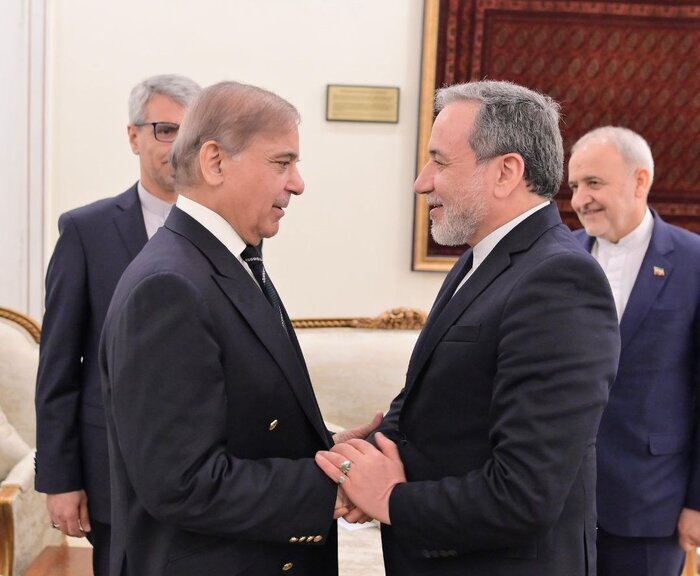
Q. What is your plan to support the development of common borders, especially increasing trade volume with Iran?
A. I strongly believe that the economic destiny of both Iran and Pakistan are linked. We have a border of about 900 kilometers. I personally believe that strong economic linkage between Pakistan’s Balochistan and Iran’s Sistan-and-Baluchestan can be good for the entire region. It can also be very effective in dealing with terrorism. We have signed some memoranda of understanding about developing projects between both the provinces. I think that is very important and what is required is the sustained economic engagement between Iran and Pakistan.
Our trade is about $3 billion. It has increased significantly in the past three to four years. We want to take it up to $10 billion in the next few years, but I think the potential is much larger than that as well. We are discussing signing a free trade agreement (FTA). I think in the next ten years, the trade volume between the two countries will expand a great deal. The need is to have sustained economic engagements for the long term between Pakistan and Iran.
Q. Pakistan has always supported Iran's peaceful nuclear program, and in the current situation, Islamabad supports the revival of the Iran nuclear deal named the Joint Comprehensive Plan of Action (JCPOA). Indirect talks between Iran and the U.S. arc still ongoing. What is your view on the talks?
A. We believe that negotiations, diplomacy and engagement are the best solutions because, in this way, we can avoid conflicts and wars. It is important to promote peace, development and security in the region. I have great faith in Iran's leadership. I am quite hopeful that positive things will come out of these negotiations. On behalf of Pakistan, I wish peace and stability prevailing in the region.
Q. Iran was one of the first countries to contact Pakistan after tensions in South Asia and expressed its willingness to help de-escalate the tensions. Your Excellency spoke with President Pezeshkian on the phone, and Foreign Minister Abbas Araqchi also visited Islamabad. How do you assess Iran's position in the region and the tensions in South Asia?
A. As I have stated earlier, we are grateful to Iran for its offer of mediation, which showed Iran's sincerity and wisdom, in promoting peace and stability in the region. We are also grateful to President Pezeshkian and Foreign Minister Araqchi for their efforts to defuse tensions in South Asia. These efforts clearly demonstrate that Iran wants to pursue peace and stability and avoid war, which can inflict incalculable damage on the people and the region.
Q. The issue of Palestine and Kashmir are two important issues of the world that remain unresolved. Iran has principled positions on Palestine and Kashmir. Both countries are strong supporters of the Palestinian people. What solutions do you have in mind to solve these two important challenges for the Islamic world?
A. I strongly believe that until the resolution of the conflict of Kashmir and Palestine, there can be no peace and justice in the region. It is critically important that these issues are resolved in accordance with the aspirations of their people.
4194


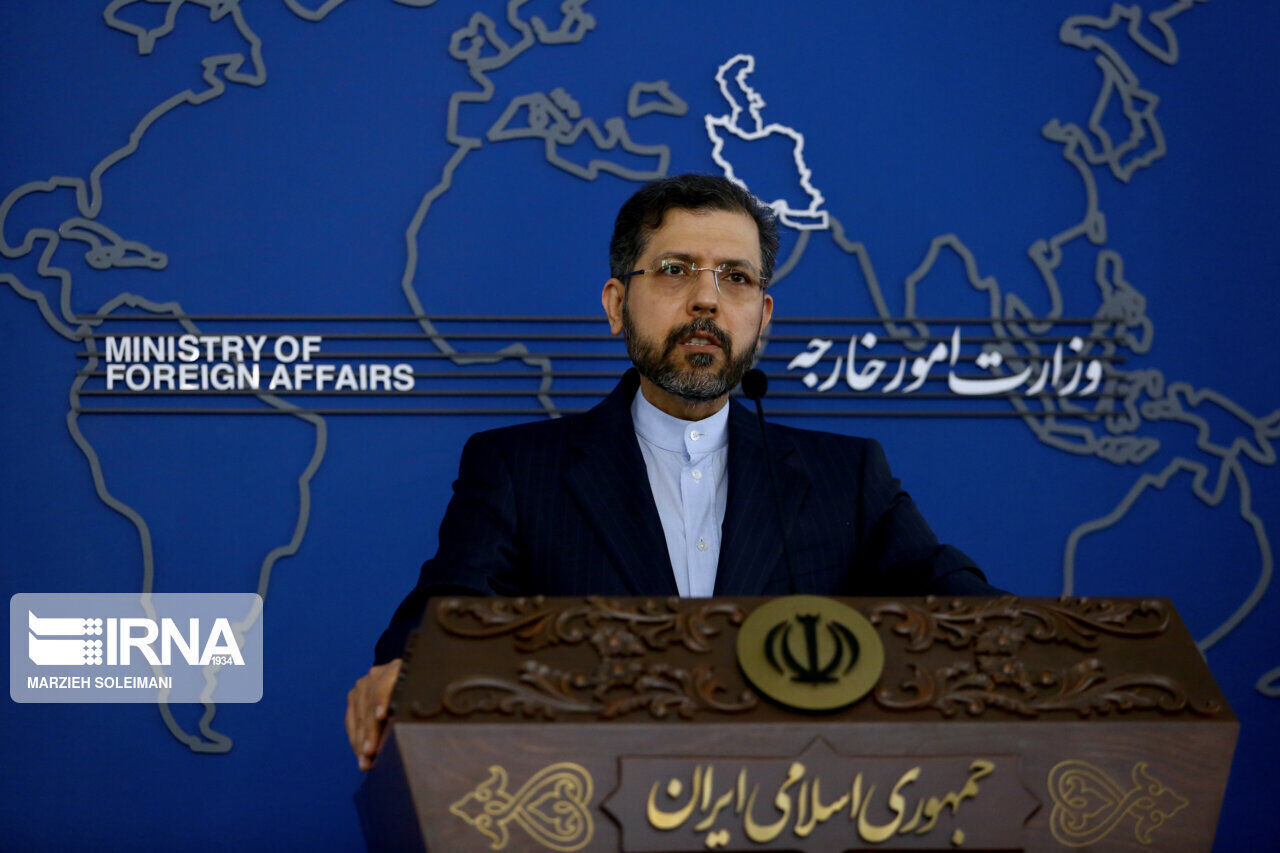

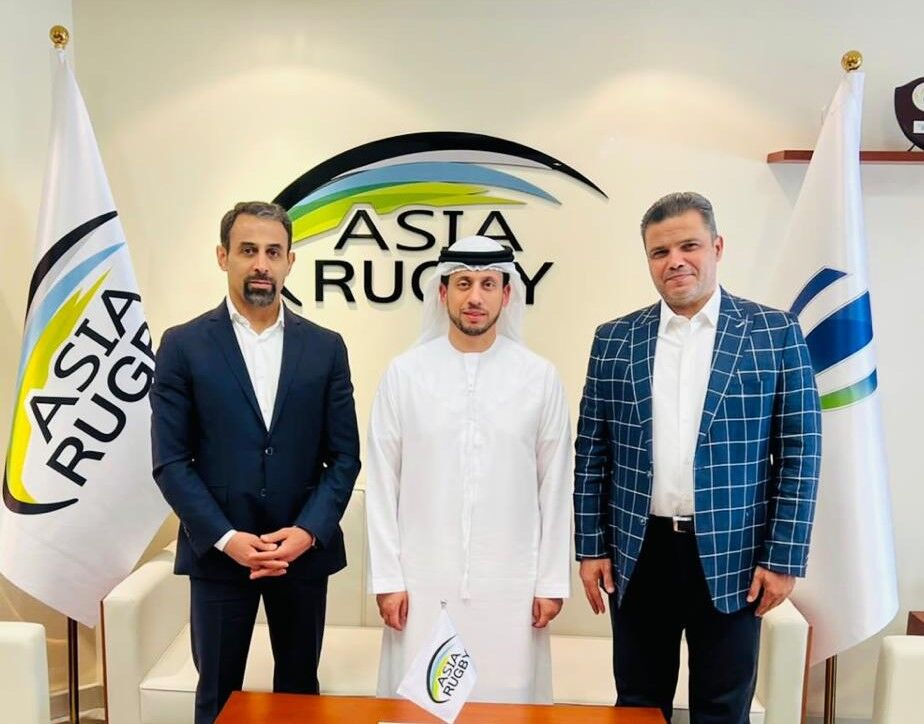
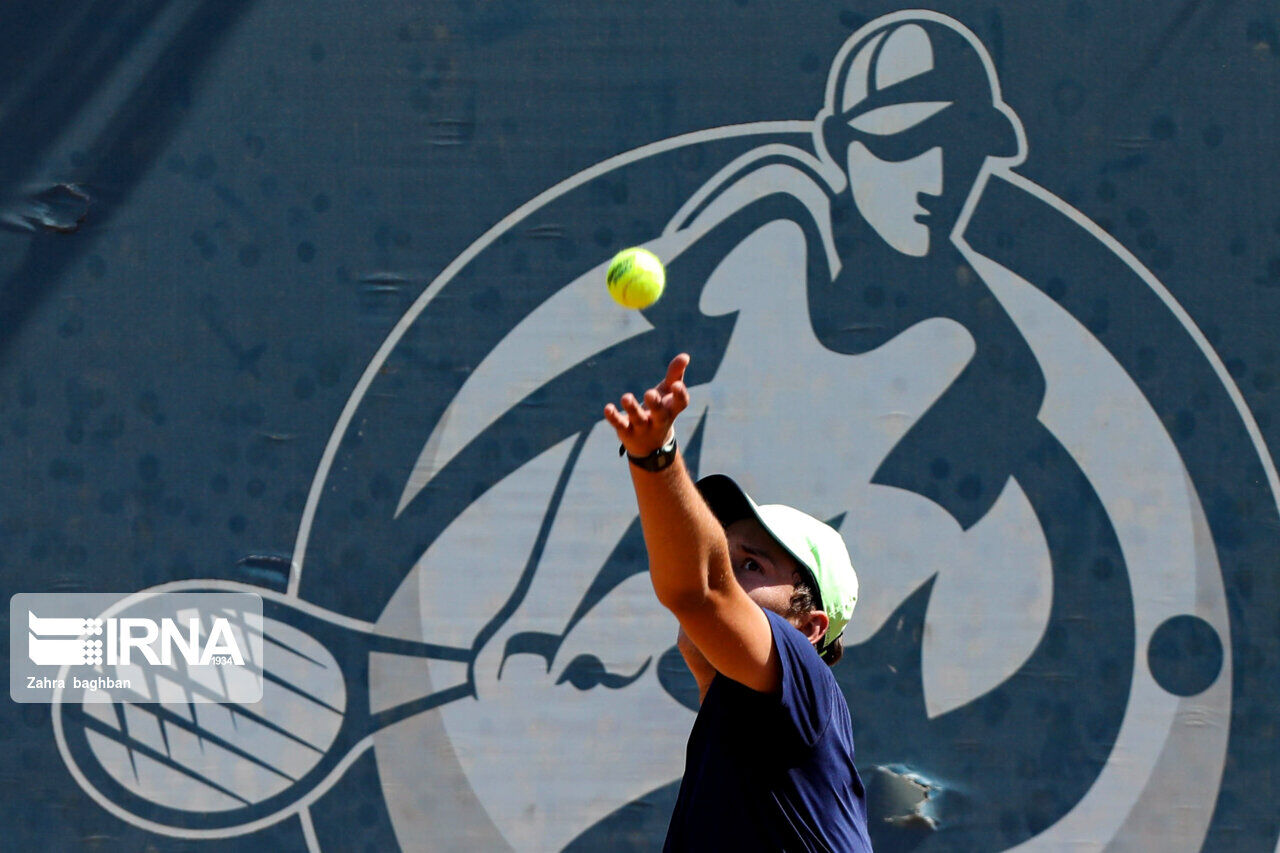
Write your comment